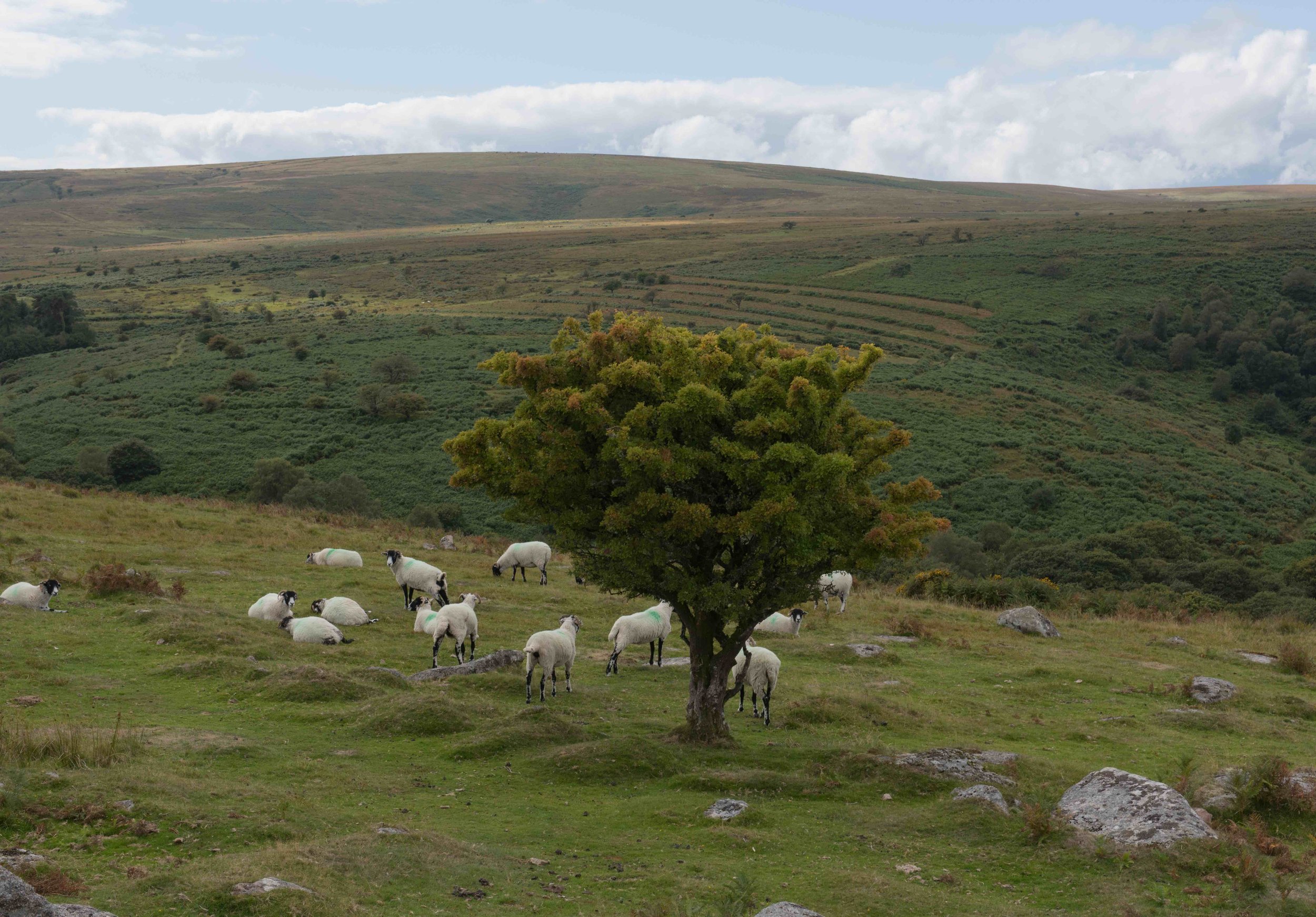
Issues Facing Commons
Common Land faces significant threats which put the heritage of commoning, and the natural and cultural heritage of commons, at considerable risk.
These threats have been amplified with the uncertainty leaving the EU casts over rural funding beyond 2020. Without a significant intervention and change in approach to the management of Common Land, its natural and cultural assets faces three key risks from significant degradation in the next ten years:
1. The decline in commoning threatens the collective management of the land
Commoning involves the collaborative management of land – When collaborative management breaks down land, environmental outcomes and communities suffer.
2. Common Land and Commoning are neither understood nor valued by the public nor policy-makers
Most people have little knowledge of Commoning, nor Common Land, including the millions who enjoy the Lake District, Dartmoor and other well-loved areas. The ‘visiting public’ miss the history and meaning of landscapes they explore – 40% of all Open Access land is common land. The public do not appreciate where for instance their water comes from and how we can make our water supply more resilient in the face of climate change. For instance 60% South West Water’s raw water supply comes from common land.
3. Common Land faces a ‘cliff edge’ in the form uncertain public funding beyond 2022.
Commoners cannot charge the public to care for landscapes, and the nature of the land imposes limits on the productivity of their farming. Commoners are therefore especially dependent on ‘Direct Payments’ (financial support, unconnected with production). The Government in the future intends to deliver a ‘more sustainable’ countryside where public money pays for public benefits. FCL supports this but putting it into practice on the contested landscapes of commons is more challenging than on land under a single ownership and management.
The best-case scenario is that farm income will drop by 45% by 2024 as new environmental schemes will not fully roll out until 2028. However there is no certainty environmental payments will compensate for the lost income as Defra’s budget is not committed beyond 2022.
These changes create immense risks for Common Land.
Financial pressures could result in unsustainable farming practices that damage fragile environments, as farmers seek to make ends meet in the short term. Defra’s planned break between environmental schemes means we risk losing the opportunity to conserve and enhance the public benefits that Commoners are keen to provide for society.
